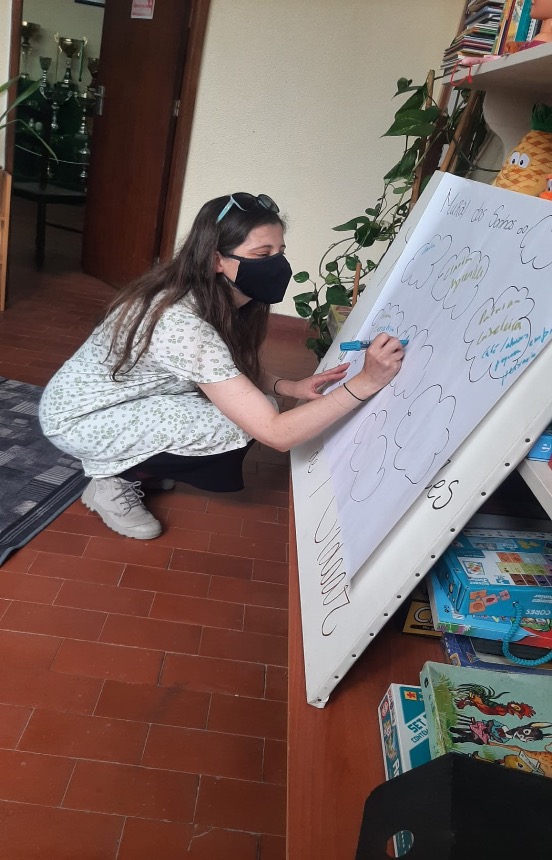This month´s post is a little different. It will not be about my research (at least not directly), or about breaking knowledge trends in Migration Studies. Instead, this post is about my personal experience as a PhD candidate and some choices I made to continue my academic path.
A little bit of context: I am – and have been for the past 9 years – a student-worker. In my particular case, that means that I both study and work full-time (I have a 9 to 5, Monday to Friday regular job). And, in order to succeed in combining those two aspects, I have been guilty of, at times, taking the more convenient – or, if I am being totally honest, the easiest – learning path, particularly when it came to methodological courses. During my undergraduate and masters programs, I prioritised research methodologies that I could resort to from the comfort of my own home – for instance, my master thesis was about online activism for the rights of migrant women in the European Union, a theme I chose not only because I was, and still am, very interested in, but also because of the possibility of remote data collection.
In my PhD journey, remote data collection was no longer an option. My research demands that I leave my comfort zone and actually meet, in person, the wonderful migrant women who, with the utmost kindness and generosity, agreed to collaborate with me. I knew from the get-go that I wanted my project to be engaged with the community, to result on something palpable, in some sort of valid input, not only to academia, but also to the migrant communities my interlocutors were a part of. I knew that I wanted my research to assist them in growing their businesses, in creating new communities of practice, in designing solidarity networks. I knew all these things, but I just didn´t know how to go about achieving them.
Right before we all had to move our research online because of the pandemic, I started to panic. I realised that I lacked knowledge tools and methodological practices that would be essential to continue my PhD work, and I didn´t really know where to turn to in order to acquire them. As it became clear that this would be our new - hopefully temporary – normal work and research conditions, it dawned on me that a good use of my time during lockdowns would be to attempt to fill those methodological gaps as well as I could.
This brings me to my current situation. I decided to put my PhD on hold for a year in order to address my knowledge shortfalls, and I enrolled in a one-year advanced masters program on Local Collaborative Development. This is quite a unique program (at least where I am located) as it is precisely focused on acquiring the type of participatory research skills that I was so badly lacking. The purpose of the program is to build a community intervention project in partnership with local communities, that will actually be put up for funding application. I am learning much needed interview and focus groups techniques, as well as acquiring skills on participatory, community-based research tools. These will be most useful when I am able to go back into the field to work on my PhD research.

(the author during one of the local diagnosis actions at the neighbourhood association of the Bairro de Aldoar, Porto)
Another unexpected advantage from this unplanned pause is that I am benefiting from having a structured learning environment again – in terms of my ability to focus, my active listening skills, my ability to multitask, and my time management skills (all of which deteriorated quite a bit during the first months of lockdown). I also met a wonderful team of peers, teachers and associates from the local communities who also participate in our classes, with whom I have built close – albeit mostly remote – relationships. Doing a PhD can be quite an isolating experience, and that sense of isolation could have certainly increased during these unusual times, had I not had this great community supporting me.
Making a decision to pause a PhD is not an easy thing to do, and I am not advocating for it. At times, I feel a little guilty about it. I am, however, writing this post to share how that decision was the best course of action for me and my circumstances. And yes, I also really want to finish the PhD as soon as possible and I look forward to resuming it in September – but I know now that I will re-enter my doctoral journey carrying a lot more knowledge tools than I had before.
